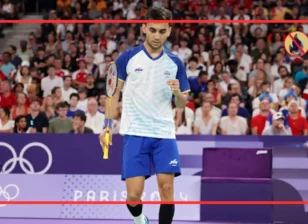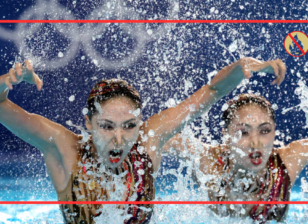Exploring Diversity: Racial Groups in France
France is a country defined by ethnic variety and the intricate interactions between many racial and ethnic groups, as seen by its rich history and dynamic culture. The nation, which is home to a sizable non-white and non-European population, is still shaped by its colonial past and immigrant labour force. Discrimination in employment, housing, and services continues despite anti-racist laws and programmes like the National Commission on Human Rights (CNCDH) and educational priority zones (ZEP).
The National Front party’s ascent to prominence in far-right politics is a reflection of tensions in a society that is dealing with issues of hate speech, racial defamation, and Holocaust denial. France wrestles with its Republican roots and the legacy of its Vichy past as it treads carefully between its colorblind policies and the European Union’s racial consciousness policies.
Historical Context
The colonial past of France has had a significant influence on the country’s current racial climate. With extensive colonial holdings in Africa, the Caribbean, and the Indian Ocean, France experienced a large influx of people to the mainland, particularly in the years following World War II. French society began to diversify with the arrival of a large number of immigrant labourers from former colonies such as Algeria, Morocco, and Senegal. This resulted in the emergence of lively non-European and non-white communities within the nation.
Immigration in France: Shaping a Multi-Ethnic Society
Immigration has transformed France into a multiethnic nation and added layers of complexity to its cultural fabric. The majority of the immigrants come from former French colonies. But there have been difficulties in integrating these populations. Ethnic disadvantage has emerged in many areas of life as a result of the ongoing socioeconomic advancement that has been impeded by discrimination in employment, housing, and services for certain ethnic groups.
Anti-Racist Policies and Societal Responses
To protect the rights of its varied people, France has enacted a number of anti-racist laws in reaction to discriminatory acts and hate speech. To address the structural disadvantages that marginalised populations faced, the National Commission on Human Rights (CNCDH) and educational priority zones (ZEP) were established. Also demonstrating the government’s dedication to supporting the ideals of equality and inclusivity. The introduction of a racism hotline has given people a platform to report instances of racial defamation and discrimination.
Challenges and Societal Divisions
Even with anti-discrimination laws in place, problems nevertheless exist, frequently made worse by the emergence of far-right politicians and the National Front party’s sway. Some political forces advocate for a colorblind approach that conflicts with the need to address specific racial and ethnic inequities. This has led to discussions within the community about the best ways to promote diversity while honouring France’s republican heritage.
Echoes of the Past: Vichy History and Holocaust Denial
Discussions concerning racial and ethnic identities in France today are still reverberating from the country’s turbulent past, especially from the Vichy government. The nation’s collective memory has been permanently impacted by instances of Holocaust denial and the denial of civil rights during this tragic time, underscoring the necessity of ongoing vigilance against all types of racial discrimination and historical revisionism.
European Union’s Influence: Race-Conscious Approaches
France has struggled to reconcile its particular racial dynamics with the Union’s increasing race-conscious methods within the larger framework of the European Union. It is still a difficult undertaking to strike a balance between the nation’s distinct sociocultural landscape and the EU’s efforts to promote diversity and inclusivity. This requires a deep grasp of both national and supranational objectives.
Conclusion
France is always making progress and facing obstacles in its efforts to embrace ethnic variety and create a society that is truly inclusive. In order to create a future in which every person, regardless of race or ethnicity, can fully participate and thrive in the diverse fabric of French society, policymakers, and communities. The individuals must work together as the country continues to navigate the complexities of racial and ethnic relations. France can solidify its status as a model of social harmony and cultural diversity in the European Union and beyond by adhering to anti-racist legislation, remembering its past, and carefully planning for integration.





